7 Questions To Ask a Mortgage Broker

This article was originally published on November 8, 2019, and updated on December 17, 2024.
Purchasing a home is a major milestone, but the process often leaves buyers—especially first-time homebuyers—with many questions.
There’s no getting around it: The process of buying a home is complex.
It requires the collaborative effort and expertise of several important players like mortgage brokers, realtors, and lenders. To streamline and simplify the journey, this team has to be working together in unison.
That puts a lot of pressure on first-time buyers to assemble the right team of professionals—because it can make all the difference.
Given the sheer volume of information, documentation, and choices involved in securing a loan through the mortgage process, this challenge is understandable. Adding to the degree of difficulty is that not all mortgage brokers are the same. This makes it so important to know how to select one who aligns with your unique needs and goals.
With that challenge in mind, we’re going to show you how getting a mortgage doesn’t have to be stressful. With the guidance of a skilled and reliable mortgage broker, you can move through the process with clarity and confidence.
A great broker does more than just process paperwork. They educate, support, and empower you to make sound financial decisions while working toward owning the home of your dreams.
So, how do you ensure you’ve found the right mortgage broker?
To make an informed decision, here are seven essential questions to ask a mortgage broker—the answers to which will give you the knowledge you need to find the perfect partner for your home-buying journey.
The Difference Between a Mortgage Broker and a Mortgage Lender
Before we identify those questions, we should clarify the role of a mortgage broker.
You might have heard the terms “mortgage broker” and “mortgage lender” used interchangeably.
While they’re sometimes confused as the same thing, there’s a difference:
The Role of a Mortgage Broker
A mortgage broker serves as a middleman between you and various lenders. Their role is to shop around on your behalf, comparing loan options to find the best fit for your financial needs. While brokers assist with the loan application process and offer personalized guidance, they do not lend money directly.
The Role of a Mortgage Lender
A mortgage lender, in contrast, is the entity that provides the funds for your home loan. This could be a bank, credit union, or private lending institution. Lenders establish the loan terms, such as interest rates, repayment schedules, and conditions, and are responsible for disbursing the funds once approved.
When it comes to getting information, questions to ask a mortgage lender will go through your mortgage broker as they can expertly navigate the process to get you the best terms for your mortgage.
In short, a mortgage broker helps you identify and secure the most suitable loan, while the mortgage lender is the one who supplies the financing. Knowing this distinction can make the home-buying process a lot clearer and easier to navigate.
And that’s important because…
7 Questions to Ask a Mortgage Broker Before Working With Them
Purchasing a home is one of the biggest investments you’ll ever make and involves a lasting relationship with your mortgage.
As such, researching and choosing the right mortgage broker—even before you begin house hunting—is crucial.
A trusted expert can guide you, preventing rushed decisions driven by excitement or market pressure. Many buyers assume a down payment and good credit guarantee a smooth process, but without proper preparation, financing issues can arise.
To ensure a confident start to your home-buying journey, use these essential questions to evaluate mortgage brokers and find the right partner for your needs.
1. What is the Process Timeline and Availability?
In a competitive housing market, timing is everything.
Homes can receive multiple offers within hours of being listed, and your ability to act quickly often depends on your mortgage broker. A responsive broker can provide the pre-approval letter you need to submit a strong, timely offer, giving you an advantage over other buyers.
A pre-approval letter can be a powerful tool if done properly.
It assures sellers that you are a serious buyer with the financial backing to close the deal. While generic pre-approvals are helpful, personalized letters tailored to a specific property carry more weight. These targeted letters show the seller that you are prepared and fully committed to purchasing their home.
That’s why discussing your mortgage broker’s timeline is a crucial step in the mortgage loan process.
Are they available outside standard business hours? Can they assist quickly if you find a home over the weekend or in the evening? Their availability directly impacts your ability to act swiftly in a fast-paced market.
Equally important is how promptly a broker responds to your questions or concerns. Delays in communication can slow down the process, potentially causing you to miss out on a home. When evaluating brokers, take note of their responsiveness during your initial interactions.
It’s often one of the best indicators of how they will handle urgent situations later.
2. What Are the Total Costs I Should Expect?
Buying a home involves more than just the loan amount and monthly payments.
Many first-time buyers are surprised by the range of costs that come with securing a mortgage. Understanding these expenses upfront is essential to avoiding unexpected financial surprises.
A mortgage broker’s primary goal is to help determine what you can realistically afford. This means factoring in all associated costs, not just the loan principal and interest.
During the pre-approval process, ask your broker to provide a detailed breakdown of all fees and expenses so you have a complete picture of your financial commitment.
Here are some key costs to consider:
Lender Fees
Many lenders charge fees to process your loan, including origination fees, underwriting fees, and rate lock-in fees. Origination fees cover the cost of evaluating and setting up your loan and are typically a percentage of the loan amount. Be sure to ask about these charges upfront so they don’t come as a surprise when the final loan details are prepared.
Mortgage Insurance
If your down payment is less than 20%, you’ll likely be required to pay for private mortgage insurance (PMI). PMI is an additional monthly expense that protects the lender in case you default on the loan. In addition to PMI, ask your broker if any other costs, such as fees related to pay mortgage insurance, might apply to your specific loan type. Ask your broker how PMI will affect your overall costs and whether it can be removed once you’ve built enough equity in the home.
Closing Costs
In addition to lender fees, closing costs can include homeowners insurance, property taxes, appraisal fees, and inspection fees. While not charged by the lender, these are required expenses that must be paid at closing.
By discussing these costs with your mortgage broker during the pre-approval process, you can better understand the total financial commitment involved in buying a home. This preparation ensures you’re fully informed and financially ready to move forward with confidence.
3. What Amount Do I Qualify for?
The amount you qualify for when applying for a mortgage depends on several key factors, and your mortgage broker will carefully evaluate these to determine a loan estimate that’s both responsible and achievable.
Income and Debt-to-Income Ratio (DTI):
While having a strong income is important, your debt-to-income ratio (DTI) plays a critical role in determining how much you qualify for. This ratio compares your monthly debt obligations, such as student loans or credit card payments, to your gross monthly income. Lenders prefer borrowers with a manageable DTI, as it indicates you’re less likely to struggle with payments.
Credit Score and Employment History:
Your credit score is another significant factor. A higher score can help you qualify for better loan terms and higher amounts, while a lower score may limit your options. Additionally, lenders will consider your employment history in addition to your credit history to ensure you have a stable and reliable source of income.
The 28/36 Rule:
Mortgage brokers often use the 28/36 rule to guide their calculations. This guideline suggests that you should spend no more than 28% of your gross income on housing expenses and no more than 36% on total debt, including housing costs and other obligations. This standard helps ensure that both you and the lender are protected from financial strain, reducing the risk of foreclosure.
By applying these calculations, mortgage brokers help you understand the amount you can realistically afford. This ensures that your loan is sustainable, giving you greater confidence as you move forward in the home-buying process.
4. What Will the Interest Rate and APR Be?
Your interest rate is an important factor in determining both the cost of your mortgage and your monthly mortgage payment.
This rate is influenced by several variables, with your credit score playing a significant role. Other factors, such as your down payment, loan type, and property type, also impact your rate. Additionally, interest rates can fluctuate daily due to external factors like the stock market, economic conditions, and government policies, all of which are beyond your control.
When comparing lenders, the Annual Percentage Rate (APR) is an essential tool for identifying the most cost-effective loan. A lower APR indicates lower overall costs, which can translate into significant savings over the life of your mortgage, whether it’s a 15-year or 30-year term.
Understanding how the interest rate, APR, and loan type affect your monthly mortgage payment will empower you to choose a loan that aligns with your financial goals. By weighing these factors carefully, you can secure a mortgage that provides both affordability and long-term stability.
5. What Mortgage Loan Would You Recommend for Me?
With a wide variety of mortgage loans available, your broker should serve as a trusted advisor, helping you select the option that best aligns with your financial goals and long-term plans. The loan they recommend will depend on factors such as your financial objectives, potential interest rates, and your desired monthly mortgage payment.
For example, if your goal is to pay off your home in 15 years, a conventional loan with a shorter term might be an excellent choice. Although the monthly payments would be higher, the lower interest rates associated with shorter-term loans can save you money over the life of the mortgage and help you build equity faster.
If you’re a first-time buyer or have limited savings, your broker might recommend an FHA loan, which is a type of government-backed loan requiring a smaller down payment and offering more flexible credit requirements.
Alternatively, if you’re an eligible veteran or active-duty military member, VA loans provide excellent benefits, such as no down payment and competitive interest rates.
By thoroughly understanding your financial situation, your broker can guide you toward the loan type, whether it’s a conventional loan, FHA loan, or government-backed loan like a VA loan, that best fits your needs.
Their efforts should always be based on helping you achieve homeownership in a way that’s both sustainable and cost-effective, with advice based on all of the possible costs—including down payments.
Are There Down Payment Assistance Programs That Would Suit My Situation?
If saving for a down payment feels like a challenge, it’s worth asking your broker about down payment assistance programs.
These programs are often designed to help first-time homebuyers, low-to-moderate-income buyers, or those purchasing in specific areas. They may provide grants, low-interest loans, or deferred payment options to cover part or all of your down payment.
Eligibility for these programs can depend on factors like your income, credit score, and the price of the home you’re purchasing. Some are sponsored by local governments, nonprofit organizations, or even lenders themselves. By exploring these options with your broker, you may be able to reduce your upfront costs and make homeownership more accessible.
Down payment assistance programs can be a valuable resource, and a knowledgeable broker will help you determine if you qualify and guide you through the application process.
6. What Does Your Application Process Entail?
The mortgage application process involves providing various forms of documentation to verify your financial stability and creditworthiness.
Here’s what you’ll likely have to prepare:
- Income Verification: You’ll need to provide income statements, such as recent pay stubs, W-2s, or 1099 forms, depending on your employment type.
- Identification and Bank Statements: Lenders require government-issued ID and bank statements to confirm your identity and assess your financial reserves.
- Credit Report: Your lender will pull your credit report to evaluate your credit history, including your score and debt repayment habits.
- Tax Returns: Typically, lenders request two years of tax returns to gain a broader view of your financial health and income consistency.
- Additional Documentation: Depending on your situation, you may need to provide items such as gift letters (if someone is contributing to your down payment), proof of any large deposits, or a two-year rental history to confirm your housing stability.
Mortgage brokers may request further documentation tailored to your unique financial circumstances. To avoid surprises, your broker should ask your mortgage lender about the specific requirements for your application early in the process.
Understanding these documentation needs ahead of time can help streamline the application process and prevent delays in securing your loan.
7. What Should I Avoid Doing While My Loan is Processing?
It’s important to ask about actions to avoid while your loan is being processed.
Even small financial decisions can impact your approval. Many borrowers are unaware that certain changes to their financial situation during this period could jeopardize their loan.
For example:
- Do Not Change Jobs: Quitting your job or changing employment during the loan process can disrupt the verification of your income and potentially delay or derail your approval.
- Avoid Taking on New Debt: Applying for new loans or credit cards can alter your debt-to-income ratio (DTI), which is a critical factor lenders use to determine your eligibility.
- Don’t Make Large Purchases on Credit: Even major purchases like furniture or appliances can increase your debt and raise red flags with the lender.
By discussing these potential pitfalls with your lender early in the process, you can avoid unintended mistakes and keep your loan on track for a smooth and timely closing.
Purchase Your Home With Confidence
By taking the time to ask the right questions and selecting a knowledgeable, reliable mortgage broker, you’ll gain the clarity and support needed to streamline the mortgage process.
With the right guidance, what might initially feel overwhelming can transform into an empowering journey, bringing you closer to securing the home of your dreams. Equip yourself with the tools and knowledge to make informed decisions, and step into homeownership with confidence and peace of mind.
Finding the Right Mortgage Broker for You
Just as purchasing a home is a significant decision that requires careful consideration, so is choosing the right mortgage broker.
Your broker should be more than just a technical expert. They should be someone who is professional, approachable, and truly committed to helping you achieve your financial goals.
The right broker will prioritize your best interests, making the complex process of securing a mortgage feel manageable and—as suggested above—even empowering.
If you’re searching for a reputable mortgage broker in Seattle or need guidance as a first-time homebuyer, we’re here to help.
Contact Seattle's Mortgage Broker today and discover how we can be the trusted partner you need to navigate your home-buying journey with confidence.
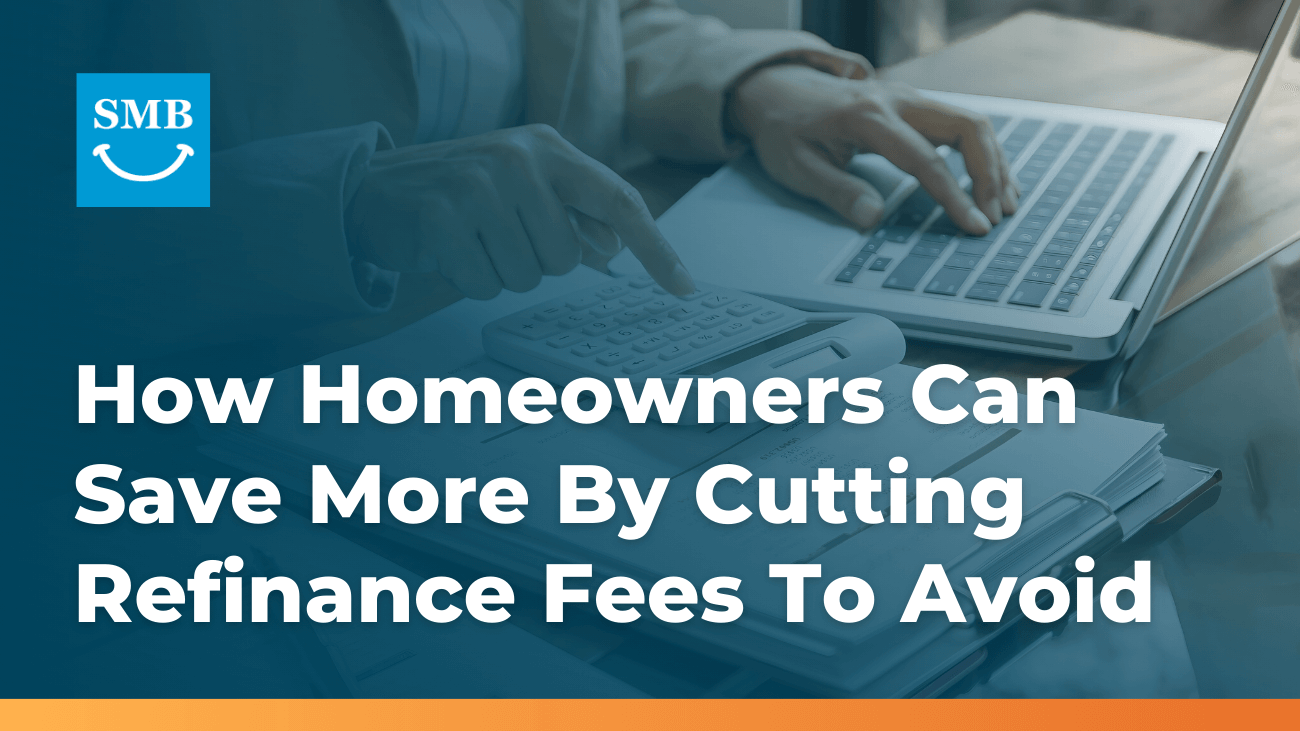

The Ultimate Guide to the Best Suburbs of Seattle
Should You Use a Mortgage Broker? Everything You Need to Know First

How to Find the Right Neighborhoods in Seattle for Your Budget and Lifestyle

Warrantable vs. Non-Warrantable Condos: What Every Buyer Needs to Know Before Financing

How Much Does It Cost to Refinance a Mortgage in Seattle? A Homeowner’s Guide
.png)
How Often Can You Refinance Your Home?
.png)
The Complete Guide to For Sale By Owner (FSBO) in Seattle

10 Questions Every Seattle First-Time Home Buyer Asks

What is a Non-Warrantable Condo?

Ultimate Seattle Mortgage Loan Documents Checklist
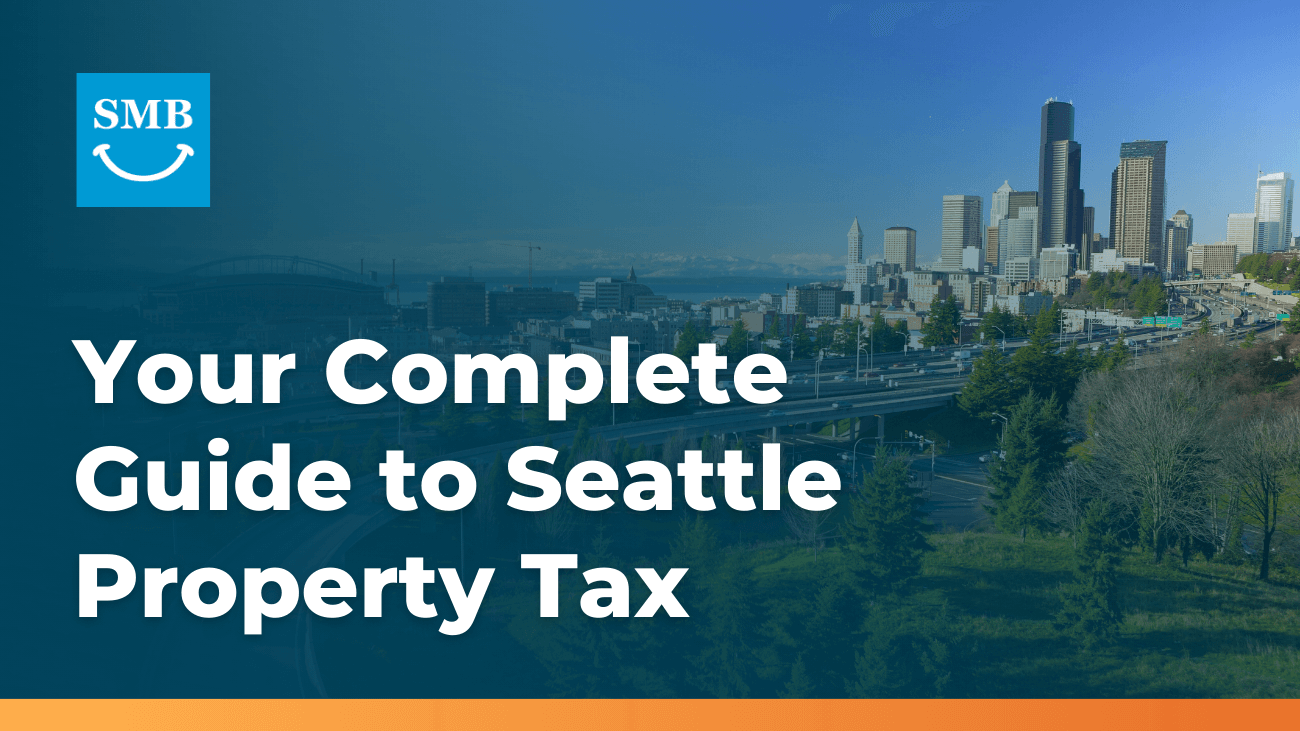
Your Complete Guide to Seattle Property Tax

Why You Should Work with a Mortgage Broker

Where to Find the Best Local Mortgage Broker

Where Are The Best Places To Live In Seattle?

What’s the Best Way to Save Money for a House in Seattle?

When is the Best Time to Refinance a Home?

What is the Jumbo Loan Limit in Seattle 2020?

What You Need to Buy a House in Seattle

What Is a Jumbo Loan and will you need one when moving to Seattle?

What is the Jumbo Loan Limit in Seattle?

What Is A Non-Warrantable Condo?

What is the Best Down Payment Amount on a House in Seattle?

What is PMI Mortgage Insurance? And Why It Is Not As Bad As You Think

What Is A Cash-Out Refinance?

What do Home Loan Underwriters Look For?

What Down Payment Do I Need for a House?

What Are The Costs of Buying a Home?

What Are The Best Neighborhoods In Seattle For Families?

FAQ: What Are the VA Home Loan Requirements?

WEST SEATTLE JUNCTION ; Seattle Neighborhood Tour

What are RSUs and How to Spend Them

Understanding Mortgage Down Payments

Top 5 Seattle Suburbs to Buy In 2021

Understanding Down Payments in Seattle

The Ultimate Mortgage Document Checklist
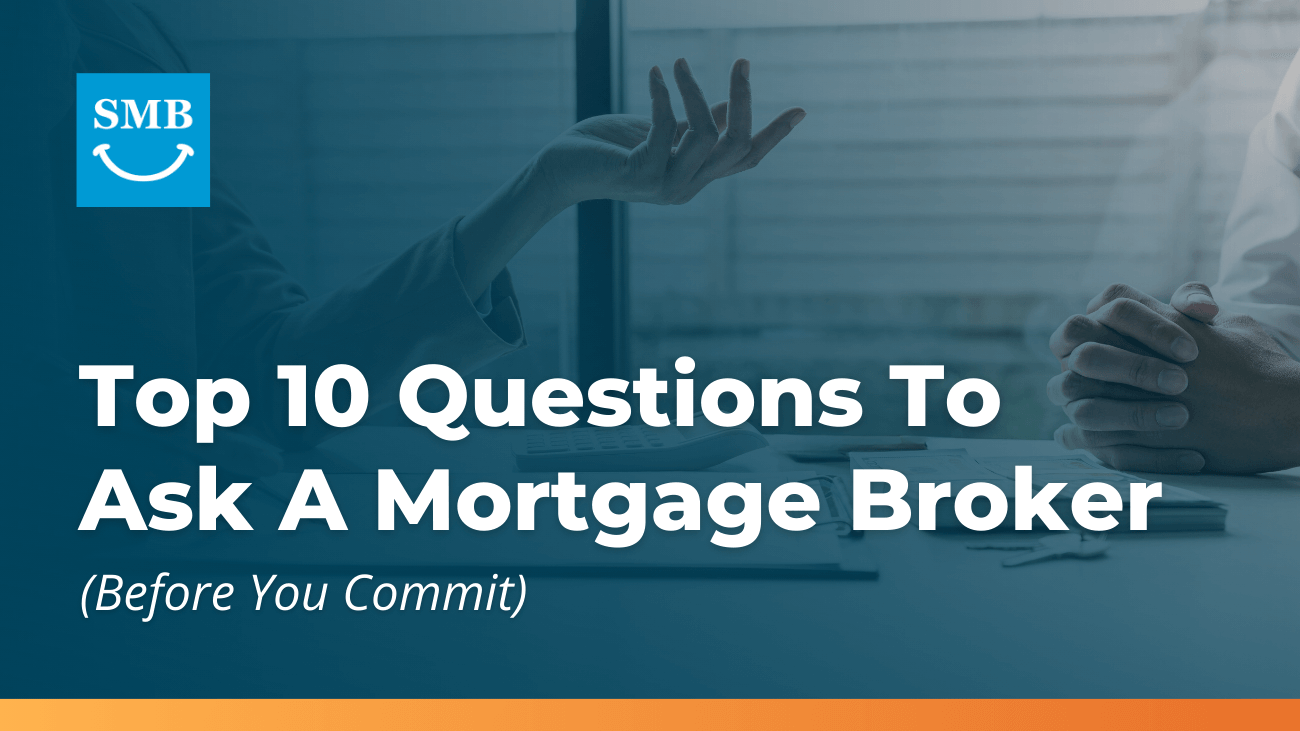
Top 10 Questions To Ask A Mortgage Broker (Before You Commit)

The Worst First-Time Homebuyer Mistakes

The Top 5 Seattle Suburbs for 2020

The Best Seattle Neighborhoods in 2020

How to Find the Best Mortgage Refinance Companies in Seattle

The Best Seattle Neighborhoods for Families

The Best Neighborhoods in Seattle to Buy a Home

The 7 Best Seattle Suburbs for Families

Seattle Neighborhood Guide: The Top 10 Most Affordable Places To Live In Seattle

SOUTH LAKE UNION ; Seattle Neighborhood Tour

Seattle Summer Housing Market Guide 2020

Seattle Housing Market Update 2020

Seattle Housing Market Hacks

Save Money When Buying a House in Seattle

Save Money on Your Mortgage Refinance

Moving to Seattle with a Family? Here's the BEST Suburbs For You!

Refinancing To Reduce Your Bills and Increase Available Cash

Neighborhoods in Seattle to Buy a Home 2020

Real Estate Trends in Seattle

Mortgage Down Payments in Seattle

MAGNOLIA ; Seattle Neighborhood Tour

Mistakes to Avoid with Cash-Out Refinance

How to Refinance Your Home in 9 Steps

Jumbo Loan Limit vs Conforming Loan Limit in Seattle for 2021

KIRKLAND ; Seattle Neighborhood Tour

Jumbo Loan Limit in Seattle for 2021

ISSAQUAH ; Seattle Neighborhood Tour

Is My Credit Score Good Enough to Buy a House?

How to Buy a House; Home Buying 101

How to Lower Your Monthly Mortgage Payment

How to Get the Best Rate for Your Home Loan

How to Buy a House for Less

How Much Home Can I Buy in Seattle?

How Much Do You Really Need for a Down Payment in Seattle?

How Much Home Can I Afford?

Home Price Forecast for Seattle 2020

How Hot is the Seattle Real Estate Market?

How Hot is the Seattle Real Estate Market in 2022?

Home Inspection Questions You Need to Ask

Do You Need a Realtor to Buy a House in Seattle?

FHA vs. Conventional Loan: Which Mortgage Is Right for You?

Find the Best Mortgage Lender for Your Home Loan

Federal Housing Administration Loans 2021

Down Payment Requirements in Seattle

FACTORIA and SOMERSET ; Bellevue Neighborhood Tour

Everything you Need to Know About Seattle Jumbo Mortgages

Everything You Need to Know About VA Loans

Advice To A First Time Home Buyer: Down Payment Assistance Programs Exist for Millennials

CROSSROADS ; Bellevue Neighborhood Tour

Down Payment 101: How Much Money Do I Need to Buy a House?

COVID-19 Mortgage Help for Homeowners

Comparing ARM vs. Fixed Rate Mortgage

Can I Afford To Buy A Home In Seattle?

Choosing the Best Lenders for Home Loans
How to Use Restricted Stock Units to Buy a Home in Seattle

ARM v. Fixed Mortgage: Which is Right For You?

Ballard or Queen Anne? The Best Neighborhoods of Seattle to Buy a House

Avoiding the Worst Seattle Mortgage Lenders

Are You Buying a House in Seattle? Here’s the Ultimate Survival Guide
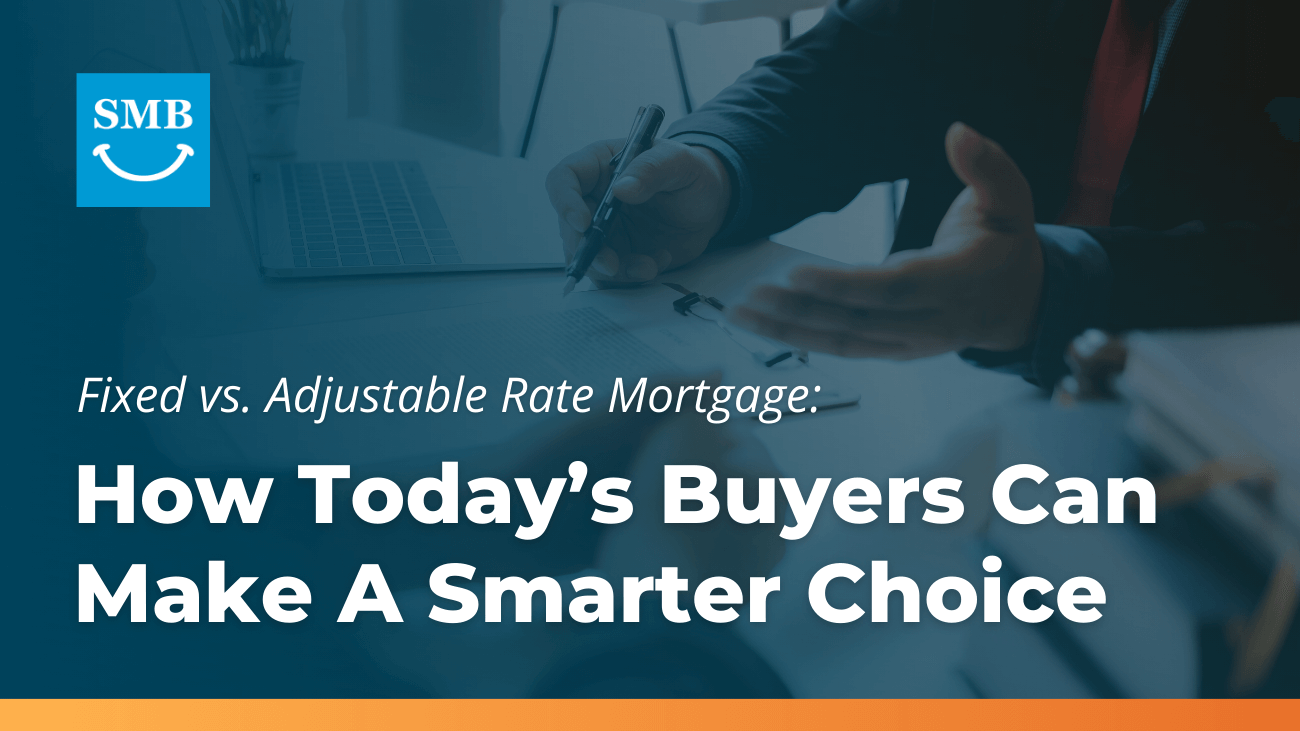
Fixed vs. Adjustable Rate Mortgage: How Today’s Buyers Can Make A Smarter Choice

ALKI BEACH ;; A Seattle Neighborhood Tour

A Complete Guide to Refinancing Your Home Loan

8 Ways to Lower Your Mortgage Payment


















